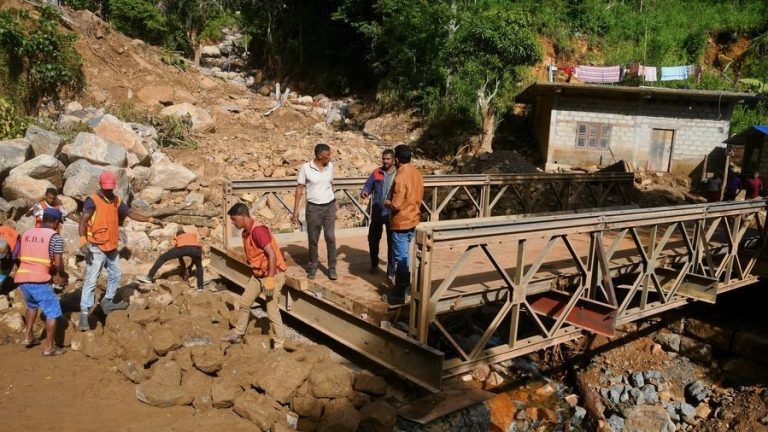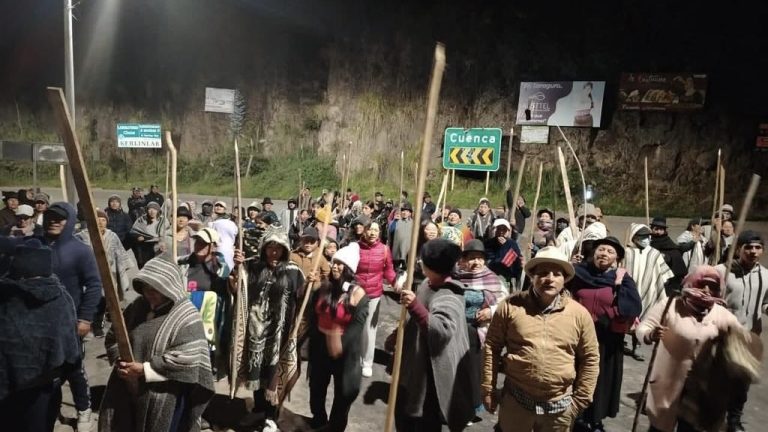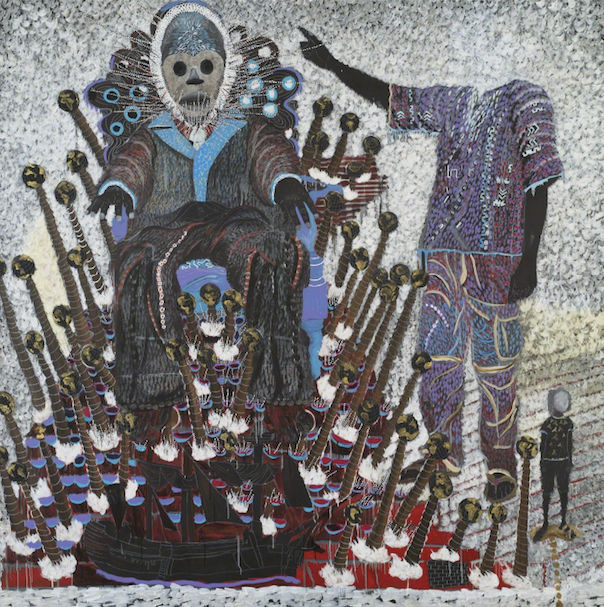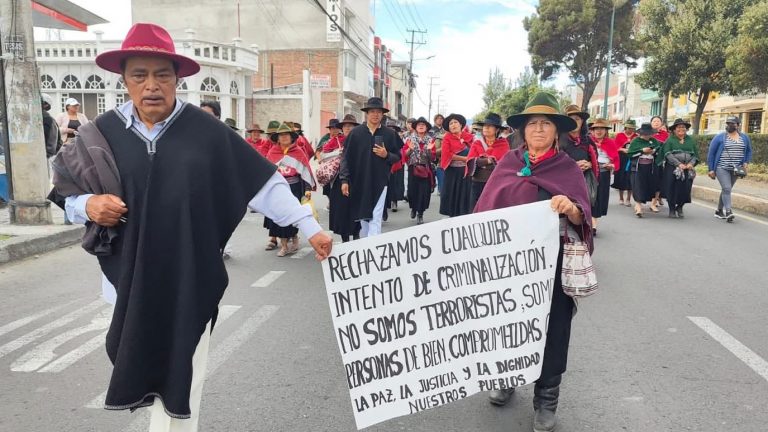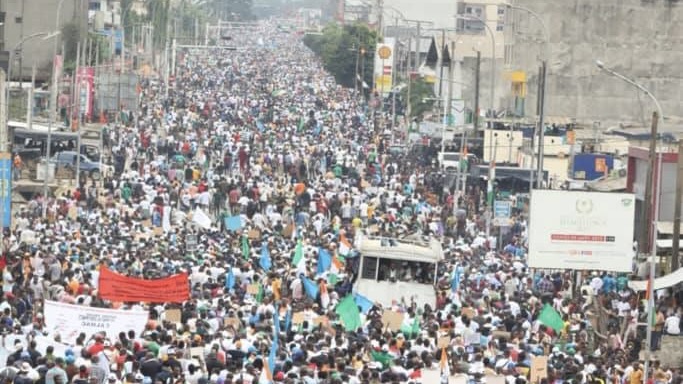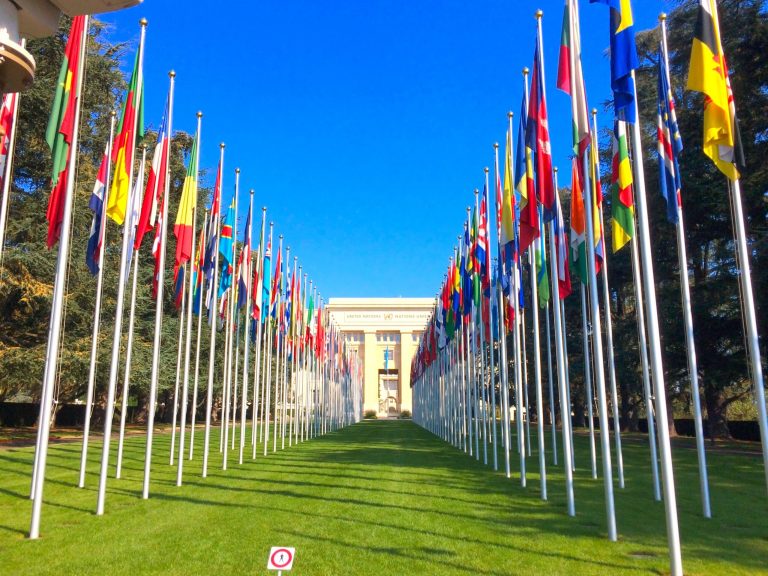Economists Call For The Suspension Of Sri Lanka’s Debt
The Institute of Political Economy (IPE), Sri Lanka and the UK-based Debt Justice issued a joint statement demanding the International Monetary Fund (IMF) suspend Sri Lanka’s debt repayment to help it tackle its prolonged economic crisis compounded by Cyclone Ditwah.
The statement, signed by over 120 well-known economists from across the world including Jayati Ghosh and Utsa Patnaik from India, Nobel-prize winner Joseph Stiglitz, and French economist Thomas Piketty, asks the IMF to prioritize the welfare of people and their development over financial obligations to external creditors.

